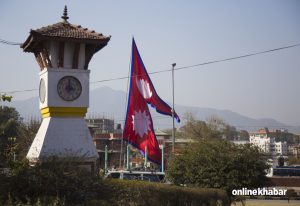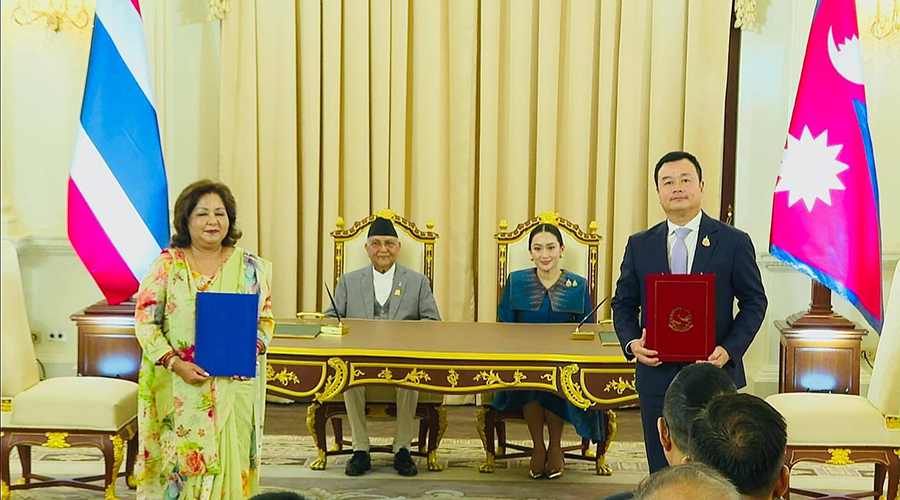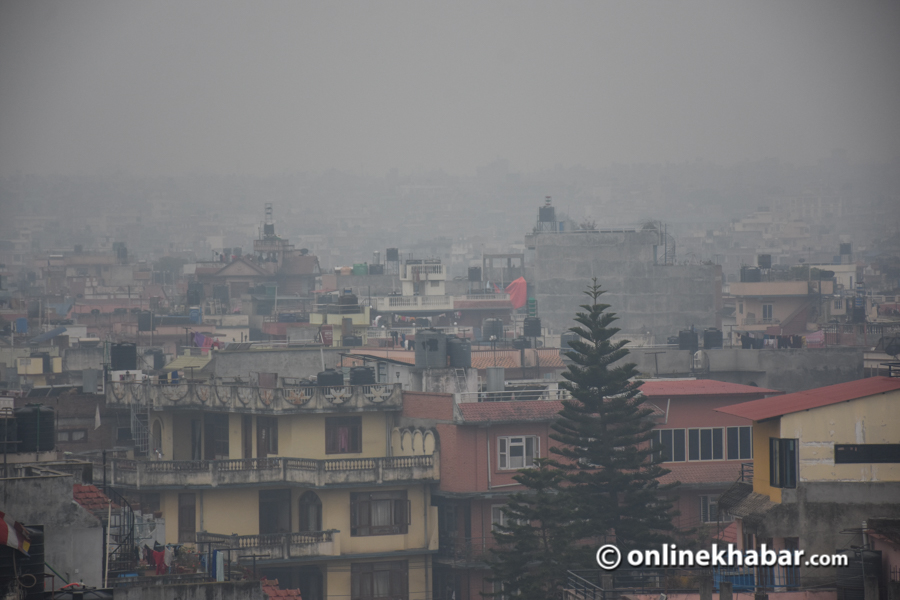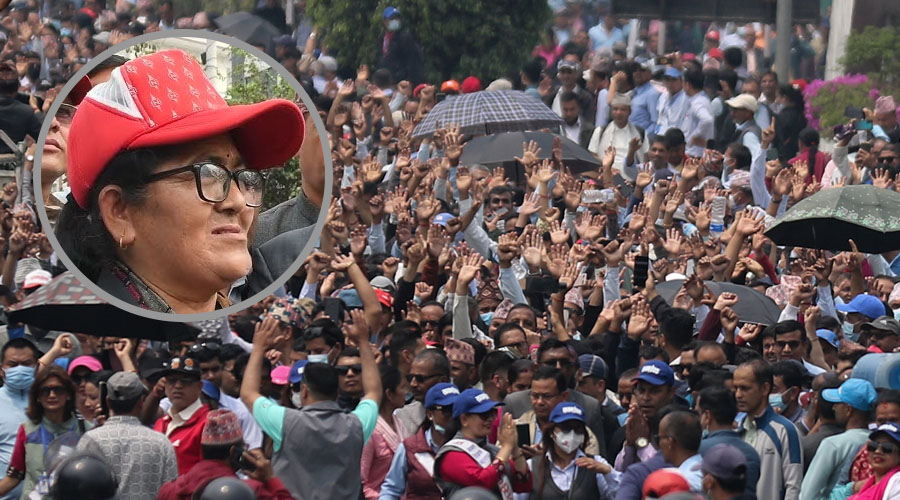
Kathmandu, February 14
The suspension of US assistance has led to the freezing of Rs 724.4 million allocated to Nepal’s health sector under the United States Agency for International Development (USAID) program.
Following the policy changes under newly elected US President Donald Trump, USAID’s direct financing for Nepal’s Ministry of Health and Population, provinces, and local governments has been put on hold. Of the total amount, Rs 524.4 million was allocated for the Ministry of Health and its agencies, Rs 150 million for provincial governments, and Rs 50 million for local governments.
The funding freeze is expected to disrupt several key health programs, with family welfare initiatives being the most affected. USAID had committed $25 million (approximately Rs 3.3 billion) over five years for Nepal’s health sector, providing an annual $5 million. This included Rs 1.48 billion for family welfare programs, supporting 35 initiatives such as immunization, family planning, and maternal and neonatal health.
According to Dr Bibek Kumar Lal, Director of the Family Welfare Division, USAID had already approved Rs 1.48 billion in grants for this year. Of this, Rs 943 million was allocated for routine immunisation, while around Rs 100 million each was designated for family planning and maternal and neonatal mortality reduction. With the funding indefinitely stalled, these programs face uncertainty.
In addition to family welfare, USAID’s suspension has affected Rs 1.365 billion for health management, Rs 690 million for epidemic control, Rs 317 million for health sector reforms, Rs 151 million for establishing a human milk bank at maternity hospitals, Rs 406 million for the National Health Training Center, Rs 350 million for the National Health Education and Information Center, Rs 446 million for nursing and social security services, and Rs 49 million for curative healthcare services.
Health experts warn that the suspension of these critical programs could have severe long-term effects on Nepal’s public health system. A health official told OnlineKhabar that if healthcare workers cannot provide proper consultation, women, in particular, will face practical difficulties. The halt in essential health programs could lead to lasting negative consequences.
























